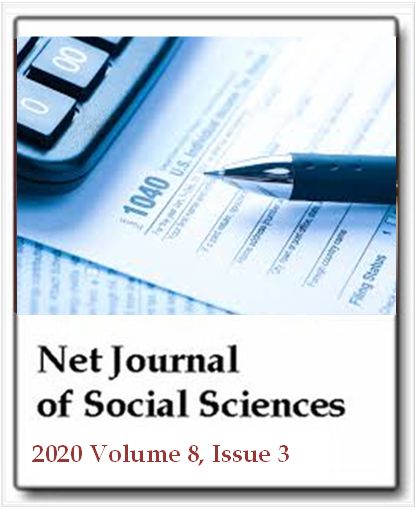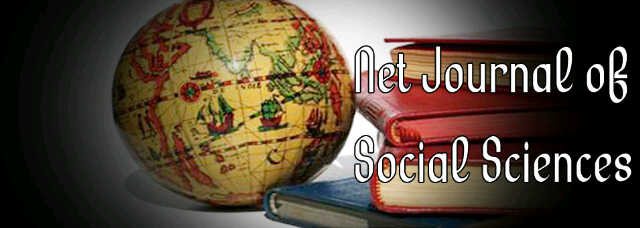Does democracy contribute to reduce income inequality by fiscal policy in Sub-Saharan African countries?
Jean Michel Roy OualyNet Journal of Social Sciences
Published: November 19 2020
Volume 8, Issue 3
Pages 43-51
Abstract
The objective of the paper is to analyse the contribution of democracy in the reduction of income inequality by fiscal policy. The specification test, of the panel model of 47 Sub-Saharan African countries for the period 1990 to 2018, allows to estimate a fixed and a random effect models. Results from the random and fixed effect models indicate that democracy in Sub-Saharan African countries reduces income inequality only by 1 per cent. With regards to the fiscal policy variables, social expenditure is not significant in the fixed and random effect models and tax revenue is positively significant in the random effect model. The implication is that the tax policy increases income inequality, hence it is regressive. The Gross Domestic Product (GDP) per capita is positively significant in the fixed effect model. It means that more Sub-Saharan African countries become reach, more income inequality increases. In these countries, the distributive policies do not reduce income inequality but increase it.
Keywords: Income inequality, fiscal policy (social expenditure and tax revenue), democracy.
Full Text PDF
